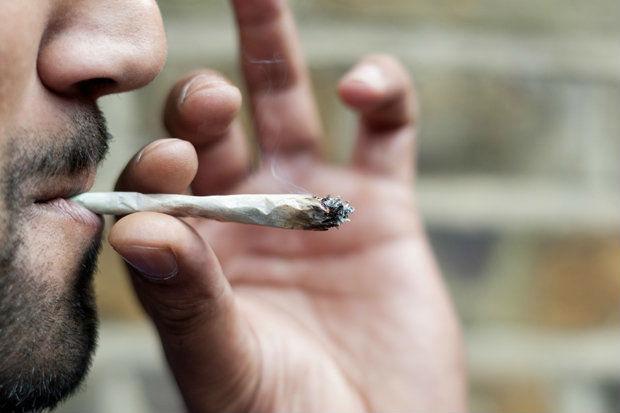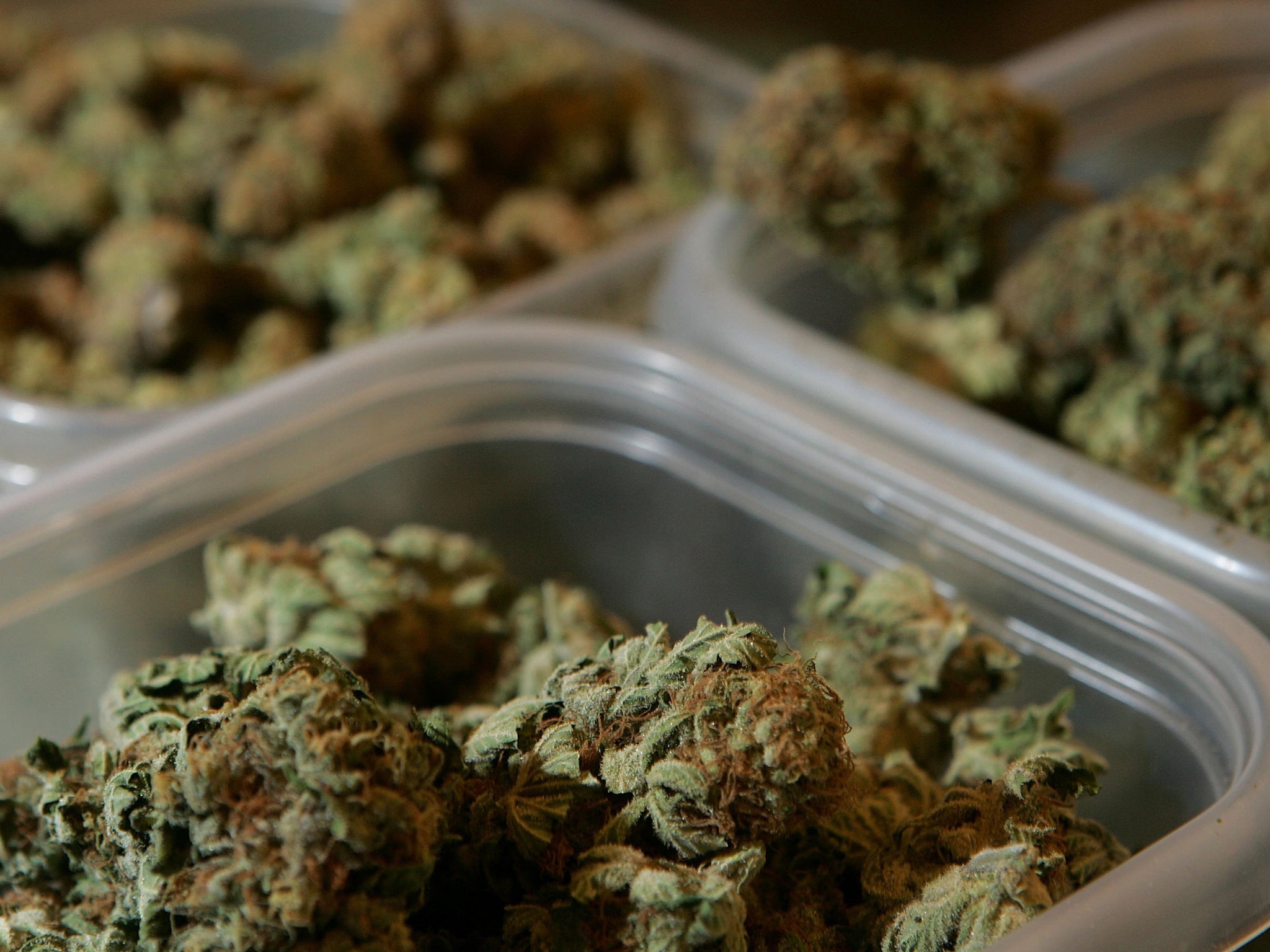Activists furious over DEA's refusal to recognise medical benefits of marijuana
The government's own research has revealed the medical benefits of the drug

Your support helps us to tell the story
From reproductive rights to climate change to Big Tech, The Independent is on the ground when the story is developing. Whether it's investigating the financials of Elon Musk's pro-Trump PAC or producing our latest documentary, 'The A Word', which shines a light on the American women fighting for reproductive rights, we know how important it is to parse out the facts from the messaging.
At such a critical moment in US history, we need reporters on the ground. Your donation allows us to keep sending journalists to speak to both sides of the story.
The Independent is trusted by Americans across the entire political spectrum. And unlike many other quality news outlets, we choose not to lock Americans out of our reporting and analysis with paywalls. We believe quality journalism should be available to everyone, paid for by those who can afford it.
Your support makes all the difference.Campaigners have reacted with dismay after the Obama administration refused to stop classifying marijuana as a dangerous drug with no medical use - even though government research has shown it can kill cancer cells.
The Drug Enforcement Administration (DEA) said on Thursday it would continue to list marijuana as a co-called “Schedule I” drug, placing it on par with heroin.
The government has repeatedly rejected appeals for reclassification, and activists said the decision created problems for users and businesses in those states that have legalised it for medical or recreational purposes.

“They have left it as it is, namely a dangerous drug with no medical benefits. And that is untrue,” Randy Quast, the acting executive of the National Organisation for the Reform of Marijuana Laws (NORML), told The Independent.
“The government itself holds the patents to many cannabinoid-based substances there have medical uses. It’s not logical.”
The Associated Press said that 25 states have sanctioned some forms of marijuana use for medical purposes.
Alaska, Washington, Oregon, Colorado and the District of Columbia now allow recreational use for adults, while California and eight other states have recreational or medical marijuana proposals headed for their 2016 ballots.
The US government has maintained that legalisation of the drug violates federal law, creating difficulties for marijuana businesses with issues such as banking.
“Marijuana shouldn't be listed as Schedule I,” US Congressman Earl Blumenauer, a Democrat from Oregon, said in a statement. He said the decision left “patients and marijuana businesses trapped between state and federal laws”.
Thursday’s decision by the DEA was a response to a 2011 petition by two former state governors who had urged federal agencies to reclassify marijuana as a drug with accepted medical uses.
In a letter to the petitioners, the DEA said it had asked the Department of Health and Human Services for a scientific and medical evaluation.
“HHS concluded that marijuana has a high potential for abuse, has no accepted medical use in the United States, and lacks an acceptable level of safety for use even under medical supervision,” the letter said.
That assessment comes amid statistics showing zero overdose deaths due to marijuana each year at a time of an alarming rise of heroin-related deaths in the United States as politicians debate remedies for exploding opioid abuse.
The decision resulted in widespread mockery and scorn on social media, and some experts argued that medical marijuana could help cut opioid use.
Taylor West, deputy director of the National Cannabis Industry Association, said the DEA’s decision would curtail research since marijuana would remain a criminal product.
“Research institutions are going to be somewhat hesitant if they think they will potentially jeopardise other research funding,” she said. “This decision by the DEA really flies in the face of objective science.”
Bernie Sanders, the Democratic challenger to Hillary Clinton, said: "People can argue about the pluses and minuses of marijuana, but everyone knows it's not a killer drug like heroin."
Last year, the government-funded National Institute on Drug Abuse, issued a report that recognised the potential medical benefits of marijuana.
“Recent animal studies have shown that marijuana can kill certain cancer cells and reduce the size of others,” the NIDA report said.
“Evidence from one animal study suggests that extracts from whole-plant marijuana can shrink one of the most serious types of brain tumours. Research in mice showed that these extracts, when used with radiation, increased the cancer-killing effects of the radiation.”
Subscribe to Independent Premium to bookmark this article
Want to bookmark your favourite articles and stories to read or reference later? Start your Independent Premium subscription today.
Join our commenting forum
Join thought-provoking conversations, follow other Independent readers and see their replies
Comments